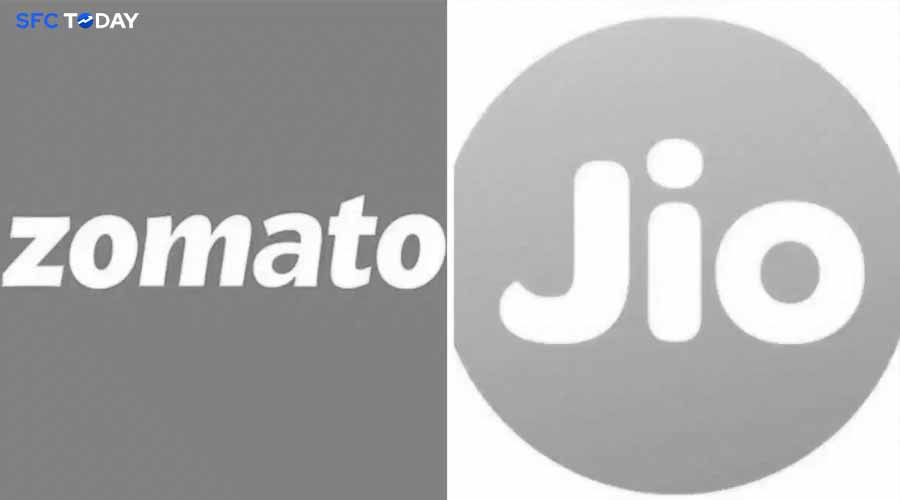Zomato & Jio Financial’s Nifty 50 Inclusion: Impact on Market Trends
Introduction
Zomato and Jio Financial joined the Nifty 50 index. This move indicates their increased market presence as well as confidence of investors in them. This is a shift in sector representation of India’s benchmark index. Market trends will be changed by institutional investors who rebalance portfolios.
What Nifty 50 Inclusion Means
The Nifty 50 index comprises India’s largest and most liquid companies by market capitalization. When a stock is included in this index, it receives passive fund exposure, ETFs, and institutional investor exposure. It automatically tends to boost trading volumes and market stability for the stock. Being included in Zomato’s and Jio Financial’s indicates their sound finances. Their market movement will now reflect in the movement of the index.
Growth and Market Position of Zomato
Zomato has revolutionized the food ordering business of India. Its foray into quick commerce and subscription businesses has bolstered revenue streams. The company has achieved profitability targets, boosting investor optimism.
Addition to the Nifty 50 will drive interest from home-grown and foreign funds. Liquidity in the stock can be enhanced, enticing potential long-term institutional investors. This addition also sets Zomato up as a top tech-driven consumer company in India.
Jio Financial’s Strategic Influence
Reliance Industries spin-off Jio Financial has fast gained market traction. The company is utilizing the Reliance ecosystem to expand digital lending, insurance, and fintech operations.
Its listing in Nifty 50 is a recognition of its financial strength. With Reliance’s support, Jio Financial is poised to upend traditional banking. Market sentiment is bullish about its prospects of growth in India’s digital finance sector.
Influence on Stock Market Trends
The inclusion of these two stocks alters the sectoral composition of Nifty 50. The index is better represented by fintech and new-age digital companies now. Key trends most likely to be Increased trading in both the stocks, Less price volatility owing to passive fund flow, Change in sector weight in the index and Increased participation by global market investors. Price movement will be watched closely by market analysts. The effect on the overall index performance will rely on earnings stability.
Institutional Investor Demand
Major institutional investors, mutual funds, and ETFs following Nifty 50 will now reallocate portfolios. This may generate higher demand for both stocks in the near term. Passive fund inflows normally infuse liquidity. Long-term investors may consider it a safe bet for growth. This may also help connected industries, like fintech and e-commerce.
Future Predictions for Both Stocks
Zomato’s diversification into new revenue streams may propel long-term growth. Profitability trends will continue to be critical for investors. If the company continues to be financially disciplined, share appreciation may follow.
Jio Financial has enormous growth prospects in digital banking and lending. As it gets integrated into the broader Reliance ecosystem, more market growth is in the offing. Regulator policy and competition will be critical in determining its stock destiny.
Conclusion
The entry of Zomato and Jio Financial’s addition in Nifty 50 is a benchmark. Market sentiment will remain buoyant, and there is sure to be further institutional involvement. Their long-term contribution will hinge on execution, profitability, and sector dynamics. One needs to watch performance drivers, as also market direction generally, for hints at possible investments.








